Filter by
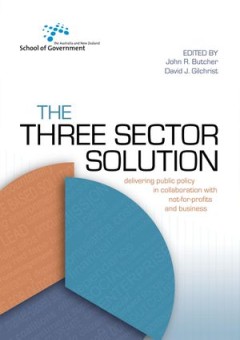
The Three Sector Solution : Delivering public policy in collaboration with no…
This collection of essays had its origins in a one-day workshop held in August 2015 at The Australian National University. Jointly convened by Dr John Butcher (ANZSOG) and Professor David Gilchrist (Curtin Not-for-profit Initiative) the purpose of the workshop was to bring together academic researchers, policy practitioners and thought leaders to address a variety of emerging issues facing poli…
- Edition
- -
- ISBN/ISSN
- 9781760460396
- Collation
- -
- Series Title
- -
- Call Number
- 650
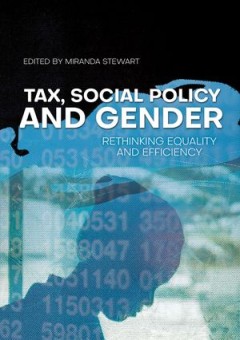
Tax, Social Policy and Gender : Rethinking equality and efficiency
Gender inequality is profoundly unjust and in clear contradiction to the philosophy of the ‘fair go’. In spite of some action by recent governments, Australia has fallen behind in policy and outcomes, even as the G20 group of nations, the Organisation for Economic Co-operation and Development and the International Monetary Fund are paying renewed attention to gender inequality. Tax, Social …
- Edition
- -
- ISBN/ISSN
- 9781760461478
- Collation
- -
- Series Title
- -
- Call Number
- 650
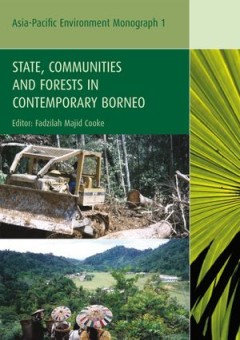
State, Communities and Forests in Contemporary Borneo
Forests; Forestry; Policy; Community; Management; Land use; Borneo
- Edition
- -
- ISBN/ISSN
- 9781920942526
- Collation
- -
- Series Title
- -
- Call Number
- 650
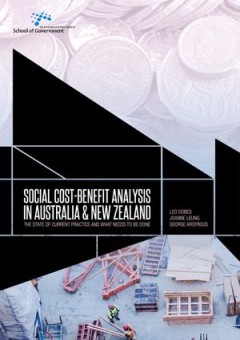
Social cost-benefit analysis in Australia and New Zealand The state of curre…
All is not well with the evaluation of government programs and projects. Resources available to any society are limited. If governments are to increase the well-being of their citizens, they must be able to select and implement the socially most beneficial projects and policies. But many government agencies lack the expertise to carry out a cost-benefit analysis, or even to commission one. Comm…
- Edition
- -
- ISBN/ISSN
- 9781760460198
- Collation
- -
- Series Title
- -
- Call Number
- 650
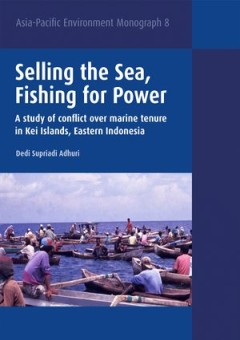
Selling the Sea, Fishing for Power : A study of conflict over marine tenure i…
By analysing various conflicts, this book discusses the social, political, economic and legal attributes that are attached to the practice of traditional (communal) marine tenure. Selling the Sea pushes the discourse beyond the conventional approach which looks at marine tenure only as a means of resource management, and offers a more comprehensive understanding of what marine tenure is. For th…
- Edition
- -
- ISBN/ISSN
- 9781922144829
- Collation
- -
- Series Title
- -
- Call Number
- 650
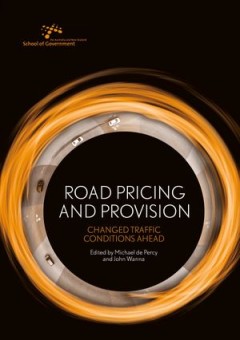
Road Pricing and Provision : Changed Traffic Conditions Ahead
Road pricing is not a new concept—toll roads have existed in Australia since Governor Macquarie established one from Sydney to Parramatta in 1811—and distance-based charging schemes have been trialled and implemented with varying success overseas. But how would full market reform of roads look in a federation like Australia? In its responses to the 2016 Australian Infrastructure Plan and th…
- Edition
- -
- ISBN/ISSN
- 9781760462307
- Collation
- -
- Series Title
- -
- Call Number
- 650
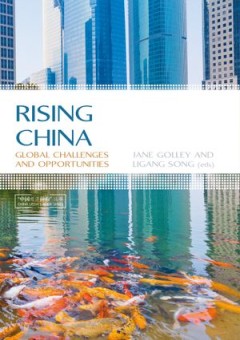
Rising China : Global Challenges and Opportunities
Where the last three decades of the 20th century witnessed a China rising on to the global economic stage, the first three decades of the 21st century are almost certain to bring with them the completion of that rise, not only in economic, but also political and geopolitical terms. China’s integration into the global economy has brought one-fifth of the global population into the world tradin…
- Edition
- -
- ISBN/ISSN
- 9781921862298
- Collation
- -
- Series Title
- -
- Call Number
- 650
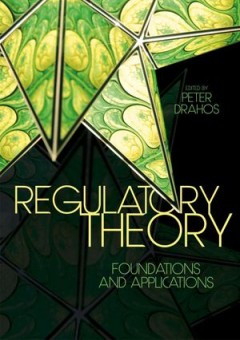
Regulatory Theory : Foundations and applications
This volume introduces readers to regulatory theory. Aimed at practitioners, postgraduate students and those interested in regulation as a cross-cutting theme in the social sciences, Regulatory Theory includes chapters on the social-psychological foundations of regulation as well as theories of regulation such as responsive regulation, smart regulation and nodal governance. It explores the key …
- Edition
- -
- ISBN/ISSN
- 9781760461010
- Collation
- -
- Series Title
- -
- Call Number
- 650
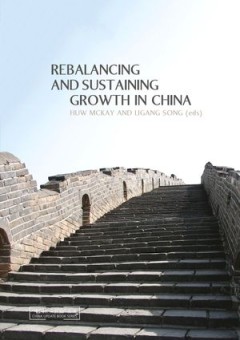
Rebalancing and Sustaining Growth in China
The idea that China’s economy needs to rebalance is no longer controversial inside or outside the country. Whether it be the increasing recognition of income
- Edition
- -
- ISBN/ISSN
- 9781921862793
- Collation
- -
- Series Title
- -
- Call Number
- 650
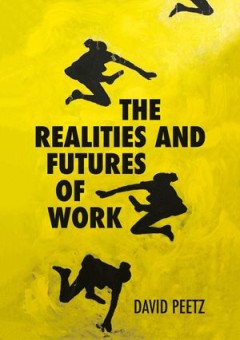
The Realities and Futures of Work
What do we know about the current realities of work and its likely futures? What choices must we make and how will they affect those futures? Many books about the future of work start by talking about the latest technology, and focus on how technology is going to change the way we work. And there is no doubt that technology will have huge impacts. However, to really understand the direction in …
- Edition
- -
- ISBN/ISSN
- 9781760463106
- Collation
- -
- Series Title
- -
- Call Number
- 650
 Computer Science, Information & General Works
Computer Science, Information & General Works  Philosophy & Psychology
Philosophy & Psychology  Religion
Religion  Social Sciences
Social Sciences  Language
Language  Pure Science
Pure Science  Applied Sciences
Applied Sciences  Art & Recreation
Art & Recreation  Literature
Literature  History & Geography
History & Geography